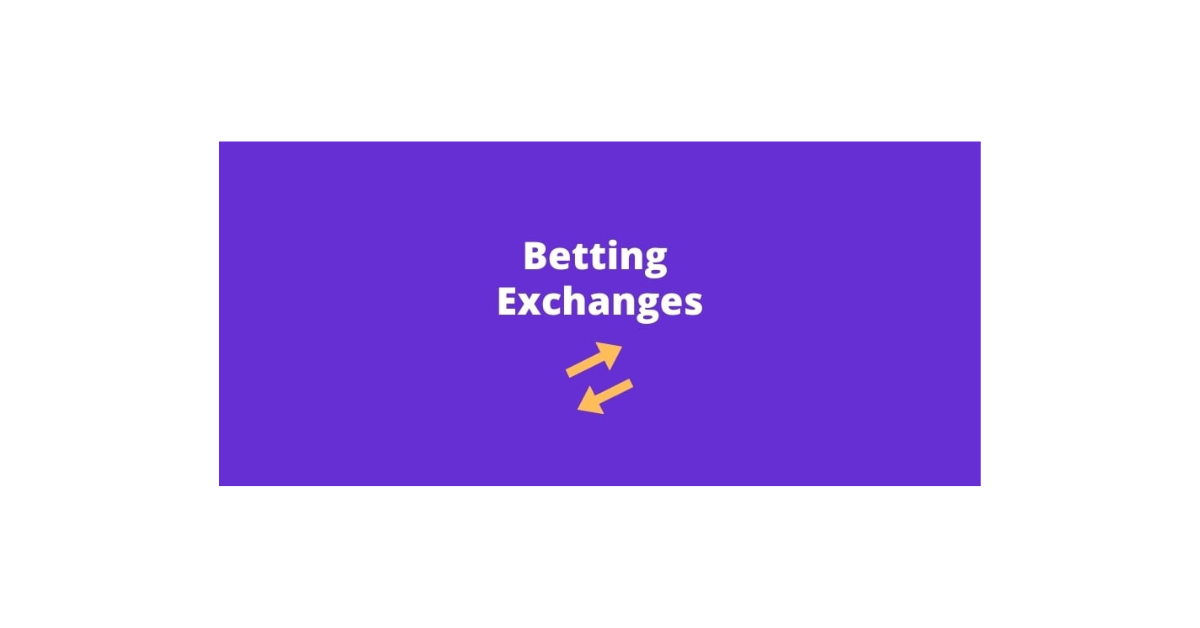Betting Exchange Explained
Betting exchanges are online platforms where users bet against each other rather than against a bookmaker. This innovative concept allows individuals to set their own odds and offer bets in a peer-to-peer environment. Essentially, bettors act as both the punter and the bookmaker, creating a dynamic marketplace for sports betting.
In a betting exchange, users can choose to back (bet on an outcome to happen) or lay (bet on an outcome not to happen). By matching these opposing bets, the exchange facilitates a fair and transparent betting system. This peer-to-peer model often results in better odds, more flexibility in betting options, and the opportunity for users to profit from predicting outcomes.
Key Players in a Betting Exchange
In a betting exchange, the key player is the bettor, also known as the punter. This individual is the one placing bets on particular outcomes of sports events or other offerings available on the platform. Bettors have the flexibility to both back a selection to win or lay a selection to lose. By participating in the exchange, bettors are actively engaged in the dynamic market of odds and prices.
Another essential player in a betting exchange is the platform itself, which serves as the intermediary for bettors to come together and trade bets against each other. These platforms provide the technology and infrastructure to facilitate the matching of bets, ensuring that the exchange operates smoothly and efficiently. By creating a secure and transparent marketplace, the platform enables bettors to interact with each other, offering a unique and engaging way to wager on various events.
How Does a Betting Exchange Work?
Betting exchanges operate as platforms that allow individuals to bet against each other rather than against a bookmaker. In this system, users have the opportunity to back an outcome like in traditional betting, but they can also act as the bookmaker by laying a selection. This unique feature gives users more control over their bets as they can set their own odds and accept bets from other users on the exchange.
The process begins with users either placing a back bet (betting for an outcome) or a lay bet (betting against an outcome). When a user places a bet, the exchange matches their bet with someone willing to take the opposite position. The exchange then holds the stakes until the outcome is determined. If the bet wins, the exchange manages the payout from the losing party’s stake, deducting a small commission from the winner’s winnings.
Advantages of Using a Betting Exchange
Betting exchanges offer users the opportunity to both back and lay bets, providing more flexibility and control over their wagers compared to traditional bookmakers. This allows bettors to act as both the punter and the bookmaker, setting their own odds and determining their own stakes. As a result, users can often find better odds on exchanges due to the competitive nature of the platform, leading to potentially higher returns on successful bets.
Another advantage of using a betting exchange is the ability to trade positions during an event, enabling users to lock in profits or minimize losses before the conclusion of a match or race. This feature is particularly useful for those looking to adopt a more strategic approach to their betting, allowing them to adjust their positions based on real-time developments and market fluctuations. Additionally, betting exchanges typically charge lower commission fees compared to traditional bookmakers, making them a cost-effective option for those who place frequent bets or engage in large-scale wagering.
Disadvantages of Using a Betting Exchange
One potential disadvantage of utilizing a betting exchange is the presence of liquidity issues, especially in less popular or less frequently traded markets. When there isn’t enough liquidity (i.e., not enough money matched in the market) on a particular outcome, it can be challenging to get a bet matched at the desired odds. This can lead to frustration for users wanting to place bets but unable to find suitable matches.
Another drawback of using a betting exchange is the commission fees that users often have to pay on their net winnings. While traditional bookmakers typically build their profit margin into the odds they offer, betting exchanges charge a commission on the net winnings of their customers. These commissions can vary but are usually a small percentage of the profits made. While this fee structure can be more transparent than the traditional bookmaker model, it can still eat into the overall profitability of successful bettors over time.















